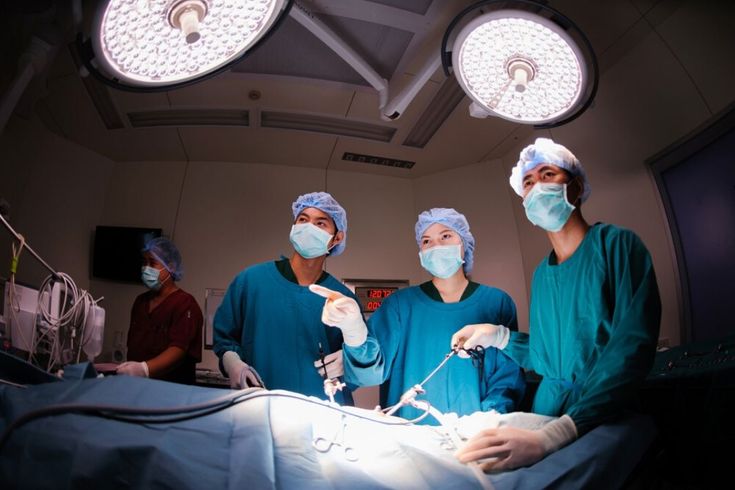
How To Become A Surgical Tech
- Educational Requirements:
- High School Diploma or Equivalent: Start by completing your high school education or obtaining a GED.
- Prerequisite Courses: Some surgical technology programs may have specific prerequisite courses in subjects like biology, anatomy, or medical terminology.
- Choose an Accredited Program:
- Look for a surgical technology program that is accredited by the Commission on Accreditation of Allied Health Education Programs (CAAHEP) or the Accrediting Bureau of Health Education Schools (ABHES).
- Enroll in a Surgical Technology Program:
- Pursue an associate degree or diploma/certificate in surgical technology. These programs typically last 9 months to 2 years.
- Clinical Experience:
- Most surgical technology programs include a clinical component where students gain hands-on experience in a hospital or surgical setting.
- Certification:
- While certification is not always required, many employers prefer or require it. You can become a Certified Surgical Technologist (CST) by passing the National Board of Surgical Technology and Surgical Assisting (NBSTSA) certification exam.
- Continuing Education:
- Stay updated with advancements in surgical technology and consider continuing education to enhance your skills and knowledge.
- Networking:
- Join professional organizations such as the Association of Surgical Technologists (AST) to network with other professionals in the field.
- State Licensure:
- Some states require surgical technologists to be licensed. Check the requirements in your state and obtain the necessary licensure if applicable.
- Apply for Jobs:
- After completing your education and any required certifications or licensure, start applying for surgical technologist positions.
- Develop Soft Skills:
- Communication, teamwork, and attention to detail are crucial in the surgical setting. Develop and showcase these soft skills to excel in your role.

